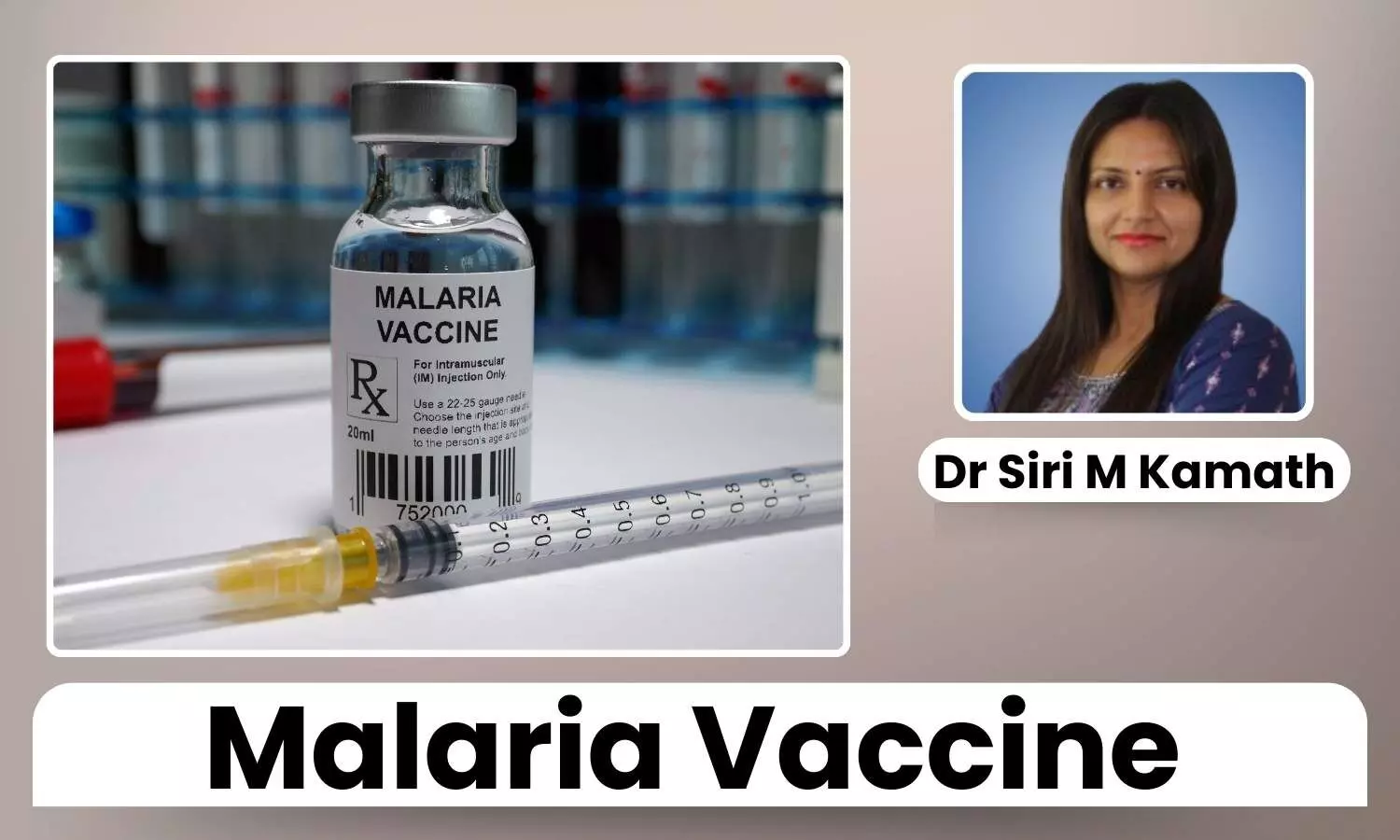Malaria Vaccine Is Here: But Does It Change Everything? - Dr Siri Kamath

Malaria has long been a deadly concern in tropical countries, killing hundreds of thousands of people each year. Fortunately, we now have a vaccination. That seems like a big deal, right? Yes and No.
The malaria vaccine is a significant step forward for public health, but we must exercise caution. Let us break it down.
Who Should Get a Malaria Shot?
The RTS, S (or Mosquirix) vaccination is recommended by the World Health Organization (WHO) for children living in areas with mild to high malaria. Why children? Because they are most prone to get affected.
Malaria kills one kid per minute in Africa, where it is most prevalent. Human trials have indicated that the vaccine can prevent approximately 40% of malaria cases in children, 15% of deaths in young children and 30% of severe malaria cases.
When compared to other vaccines, such as the measles shot, which protects against more than 90% of cases, this may not seem like much. However, in India, where malaria still kills thousands of people each year, even a 40% reduction can save a significant number of lives.
Is it unnecessary to use mosquito nets and sprays after receiving the vaccine?
Definitely not! The shot is not a miracle bullet; it is simply another tool in our armoury. Mosquito control with insecticide-treated bed nets, indoor sprays, and the elimination of standing water sources remain critical.
The vaccine is similar to a seatbelt in that it significantly reduces the danger, but airbags and other road safety equipment are still required to ensure your safety.
In addition, malaria is a formidable foe. For hundreds of years, the Plasmodium parasite that causes malaria has evolved to accommodate new conditions and medications.
This indicates that receiving a vaccination alone would be risky. To eliminate malaria, we must employ more than one approach to keep mosquitoes at bay.
What implications does this have for India's malaria control efforts?
India has done an excellent job of controlling malaria. Malaria cases fell from nearly a million in 2016 to approximately 160,000 in 2022. But the disease has not been eradicated entirely.
It is still widely used in Odisha, Chhattisgarh, Jharkhand, and other Northeastern states. The vaccination could represent a significant step forward for these communities.
What's the challenge?
Getting the vaccination out swiftly. India's health-care system has previously conducted large-scale immunization programs (like polio and COVID-19 vaccines), but delivering the malaria vaccine to remote areas will need significant effort.
Also, because the vaccination must be administered four times over the period of 18 months, it is critical that children adhere to the entire schedule.
The malaria vaccine is beneficial, but it differs from what we already know works. To combat malaria, we need to:
- More mosquito control measures
- Quicker diagnosis and treatment
- Increased public education and community involvement
- Improved hospital infrastructure
Finally, what happens?
Even though the malaria vaccine is effective, the war is far from over. It's more of a warning that while science progresses, malaria also does. To win this struggle, we must use every tool at our disposal.
So, stay informed, protect yourself, and remember: mosquitoes may be small, but they’re not to be underestimated.


